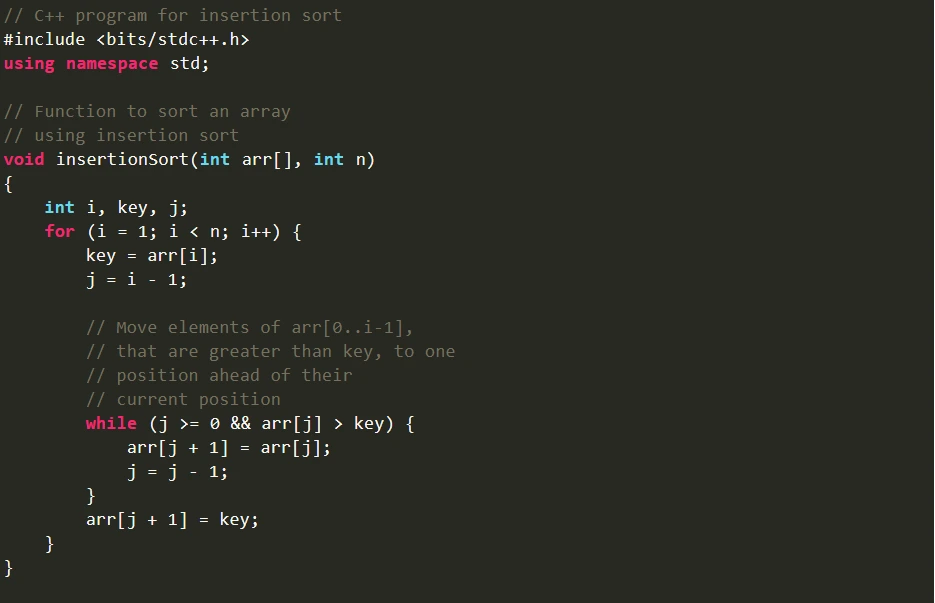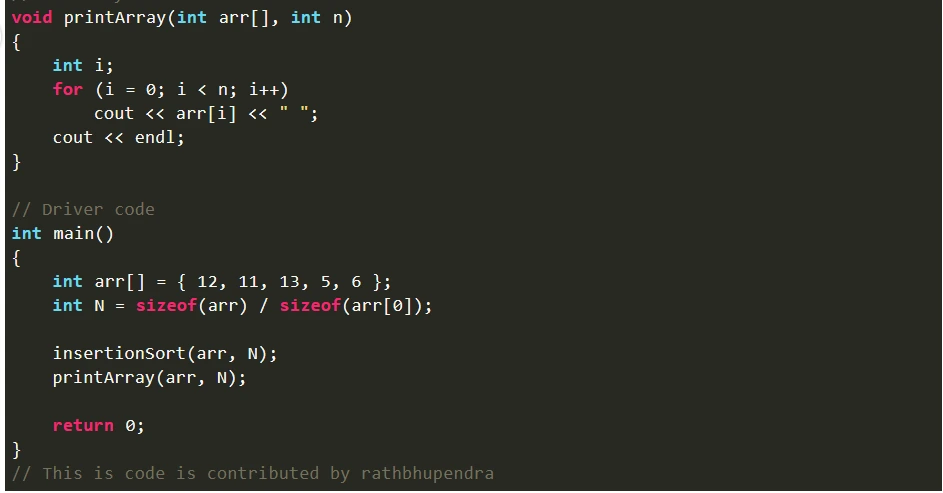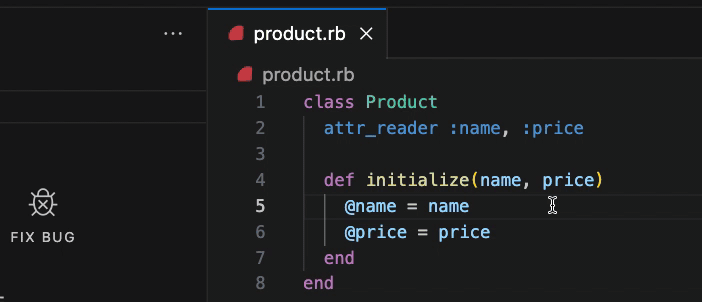GitHub Copilot is an excellent tool for developers, standing out due to its user-friendly interface, smooth integration with development environments, and significant improvements in productivity. This AI tool has transformed my software development experience by efficiently generating code, tests, and even basic applications. It proves valuable for tasks like debugging, refactoring, and documenting existing code. So, to use GitHub Copilot with ease, please read the complete article.
Interestingly, Copilot has accelerated my feature development to a point where the pace exceeds the speed at which business stakeholders can review them.
However, it’s crucial to acknowledge that AI tools, including Copilot, can sometimes make mistakes. They might apologize when corrected but may persistently reproduce the same error. Being aware of these downsides and having sufficient coding knowledge to identify and rectify inaccuracies is essential. Despite these challenges, leveraging AI tools like Copilot can lead to a substantial boost in productivity for developers.

Steps to Setup GitHub Copilot
To set up and start using Copilot, take a look at the documentation provided. You can include Copilot in either an individual or business account, and there’s a free trial available with reasonable pricing once the trial period ends.
Once you’ve integrated Copilot into your GitHub account, the next step is to install the plugins for your Integrated Development Environment (IDE). After that, log into GitHub to gain access to Copilot’s features.
In this article, we’ll focus on using the Visual Studio Code extensions for Copilot.
| GITHUB EXTENSION | DESCRIPTION | PREVIEW |
|---|---|---|
| Copilot | AI pair programmer within suggestions of IDE code | No |
| Copilot Nightly | Nightly build of Copilot, includes latest changes | No |
| Copilot Labs | Experimental features in sidebar | Yes |
| Copilot Chat | Interactive chat in sidebar, component of Copilot X | Yes |
| Copilot Voice | Voice assistant | Yes |
Privacy of your Data
Before we delve into the various ways you can use Copilot, let’s touch on the topic of privacy. In simple terms, if you already trust GitHub to host your source code, it’s reasonable to trust how they handle your Copilot prompts and code snippets. You can find more information in their FAQ documentation and Privacy Statement.
If you want to know, how to create a GitHub profile search using HTML, CSS and JavaScript, you can read about it on our website.
Various Use Cases for GitHub Copilot
The uses cases for GitHub Copilot are numerous, especially when you add in the preview features of Labs, Chat, and Voice. Using Copilot’s features can really streamline the development process.
Here are some great ways to effectively use Copilot extensions:
| CATEGORY | EXTENSION(S) |
|---|---|
| Code Generation | Copilot, Copilot Nightly, Copilot Voice |
| Explaining Code | Copilot Labs, Copilot Chat, Copilot Voice |
| Language Translation | Copilot Labs, Copilot Chat |
| Debugging | Copilot Labs, Copilot Chat |
| Refactoring | Copilot Labs, Copilot Chat |
| Test Generation | Copilot, Copilot Nightly, Copilot Labs, Copilot Chat |
| Code Reviews | Copilot Chat |
| Voice-Driven Development | Copilot Voice |
Code Generation
Copilot is known for its code completion features. If it’s given a comment in the code or you type the beginnings of a line of code, Copilot will suggest a solution that you can accept, ignore, or explore the other solutions. It is known as “ghost text“.
Once you have the Copilot extension installed and you are logged in, completion of code is as simple as typing instructions and hitting the Tab key once the suggestion comes up.

Code completion has taken an important leap with Copilot Chat, allowing it to take a single prompt and provide instructions for building an entire application. For instance, I asked it to create a REST API in Node with CRUD functions for “products,” and it not only generated functional code but did so impressively and in a precise manner. Similarly, when I presented the same prompt to ChatGPT, it not only gave me instructions for the code but also included details on how to run it, which was very helpful for me.
Copilot Voice is another feature that lets you write or edit code using voice commands. Although, most of the time, using the keyboard for Copilot code completion is faster than dictating lines of code with Voice. However, the idea of using Copilot Voice to create and run code without the need to type or constantly look at a screen is quite brilliant and surely saves time.
Code Explanation when you use GitHub Copilot
Below is a code in C++ language of insertion sort. I took this code as a demo to explain you that how the things work.


I took this code and fed it into the “Explain” feature in Copilot Labs. Here is the response or the explanation given by it.
Explanation:
- The code implements the insertion sort algorithm to sort an array of integers in ascending order.
- The
insertion Sortfunction is responsible for sorting the array. It iterates through the array using loop, comparing each element with its predecessors and placing it in the correct position. - The
printArrayfunction is a utility function to print the elements of the array. - In the
mainfunction, an example array{12, 11, 13, 5, 6}is sorted using theinsertion Sortfunction, and then the sorted array is printed using theprintArrayfunction.
This is a pretty straightforward segment of code, and the response is clear and straightforward as well. So, the explanation is also picture perfect.
Translation of Language
Developers are often required to quickly learn new languages and frameworks. Copilot Labs and Chat make this pretty easy. Here is an array of products in JavaScript and Ruby that was converted by Copilot:
let products = [
{ id: '1', name: 'Product 1', price: 10.99 },
{ id: '2', name: 'Product 2', price: 19.99 },
{ id: '3', name: 'Product 3', price: 7.99 }
];
products = [
{ id: '1', name: 'Product 1', price: 10.99 },
{ id: '2', name: 'Product 2', price: 19.99 },
{ id: '3', name: 'Product 3', price: 7.99 }
]
This is a very simple example, so let’s try making this into a class and going the other way (from Ruby to JavaScript).
class Product
attr_reader :name, :price
def initialize(name, price)
@name = name
@price = price
end
end
class Product {
constructor(name, price) {
this.name = name;
this.price = price;
}
}
This checks out. For good measure, I tested TypeScript as well, and it worked nicely and perfectly, too.
Debugging
It is a very useful feature in Copilot and if you have any errors in your code then it will debug it and will give you an error free code.

Copilot Labs “Fix Bug” Brush Feature
So, copilot’s ability to debug and fix bugs makes me happy and it is really a very useful feature for all of us.
Refactoring
Another great use case is refactoring. Consider the code below:
def price_with_discount price - (price * discount_rate) end
Certainly! We want to make sure our code for calculating prices considers different situations. Here’s how we can handle it:
- Make sure
priceis a number (either an integer or a decimal): We need to check thatpriceis a valid number and not an empty value. - Ensure
priceis not negative: We want to confirm that the price is a positive number, not a negative one. - Ensure
discount_rateis a decimal (either an integer or a decimal): We need to check thatdiscount_rateis a valid decimal number and not an empty value. - Ensure
discount_rateis not negative and is less than or equal to 1: We want to make sure that the discount rate is a positive number and not greater than 1.
In simpler terms, we are checking if the numbers provided are valid and sensible for calculating prices. This helps prevent errors and ensures accurate results in our calculations. Copilot Chat can handle these checks effortlessly, making the code more robust.
def price_with_discount(price, discount_rate) raise ArgumentError, "Price must be a positive number" unless price.is_a?(Numeric) && price >= 0 raise ArgumentError, "Discount rate must be a float between 0 and 1" unless discount_rate.is_a?(Float) && discount_rate >= 0 && discount_rate <= 1 price - (price * discount_rate) end
Summary of the Article
GitHub is making impressive tools for developers, like the Copilot extensions. These tools are changing the game, making programming more enjoyable, and cutting down the time spent on boring tasks. I recommend staying updated on Copilot’s improvements because they’re happening fast.



